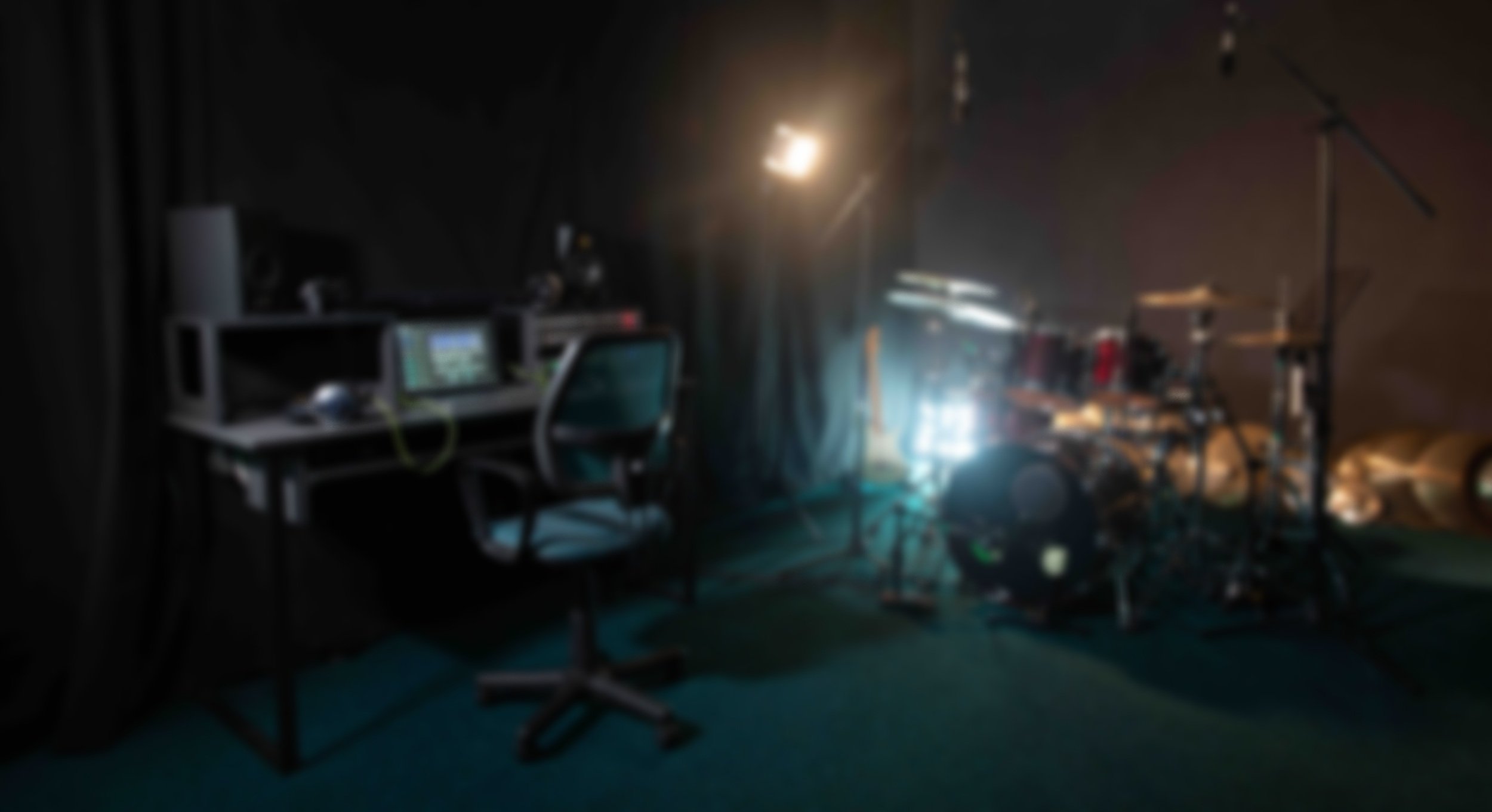
Lessons. News. Reviews.
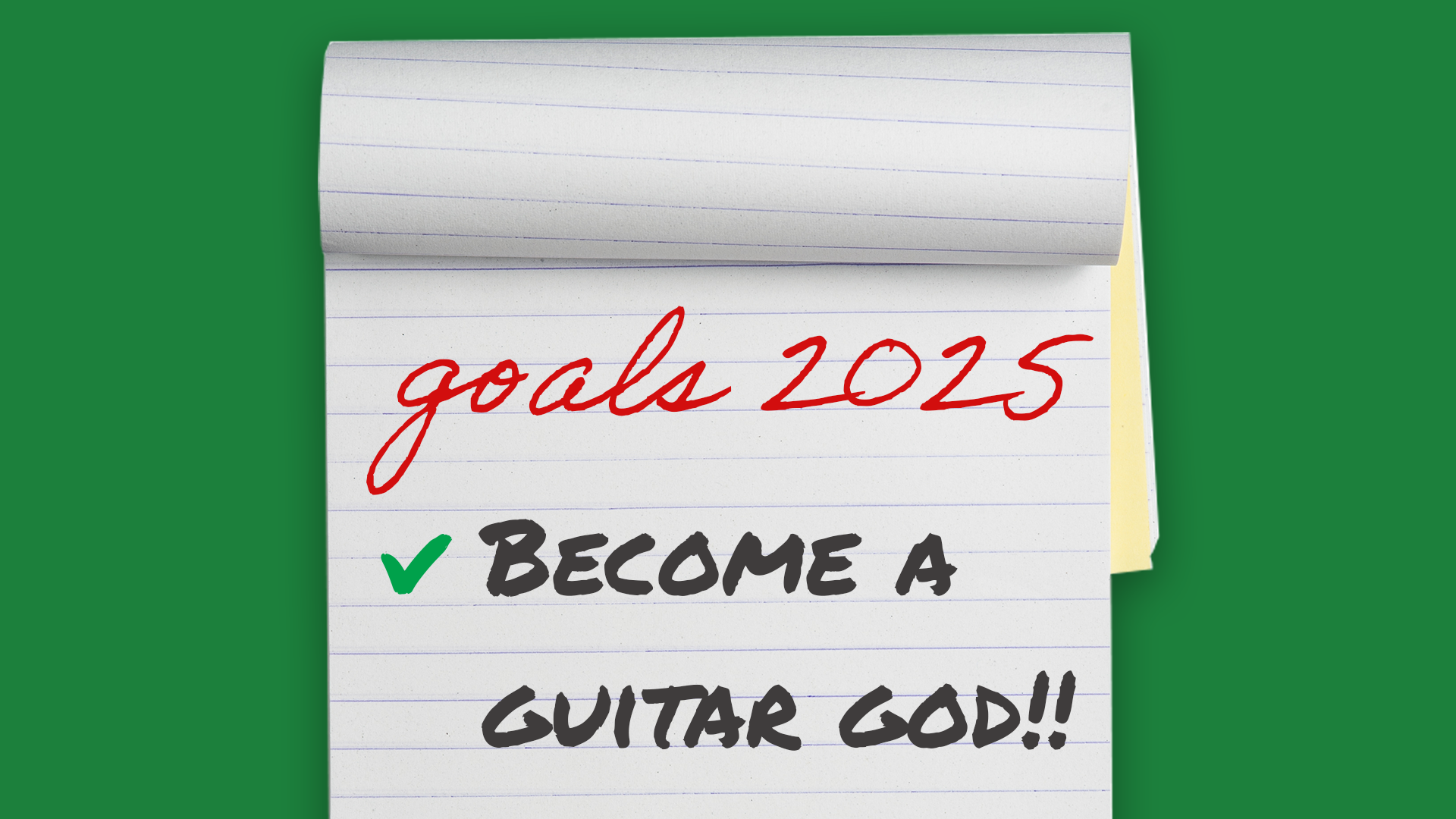
A better way to set goals for your guitar practice
A lot of guitarists set objectives around achieving specific things: learning a certain song, mastering a scale, or nailing a technique. These kinds of goals can be useful in situations when there’s a deadline. But, most guitar players aren’t working under this kind of time pressure. So, if we’re not going to set goals around deadlines, how can we set achievable goals for our guitar practice?
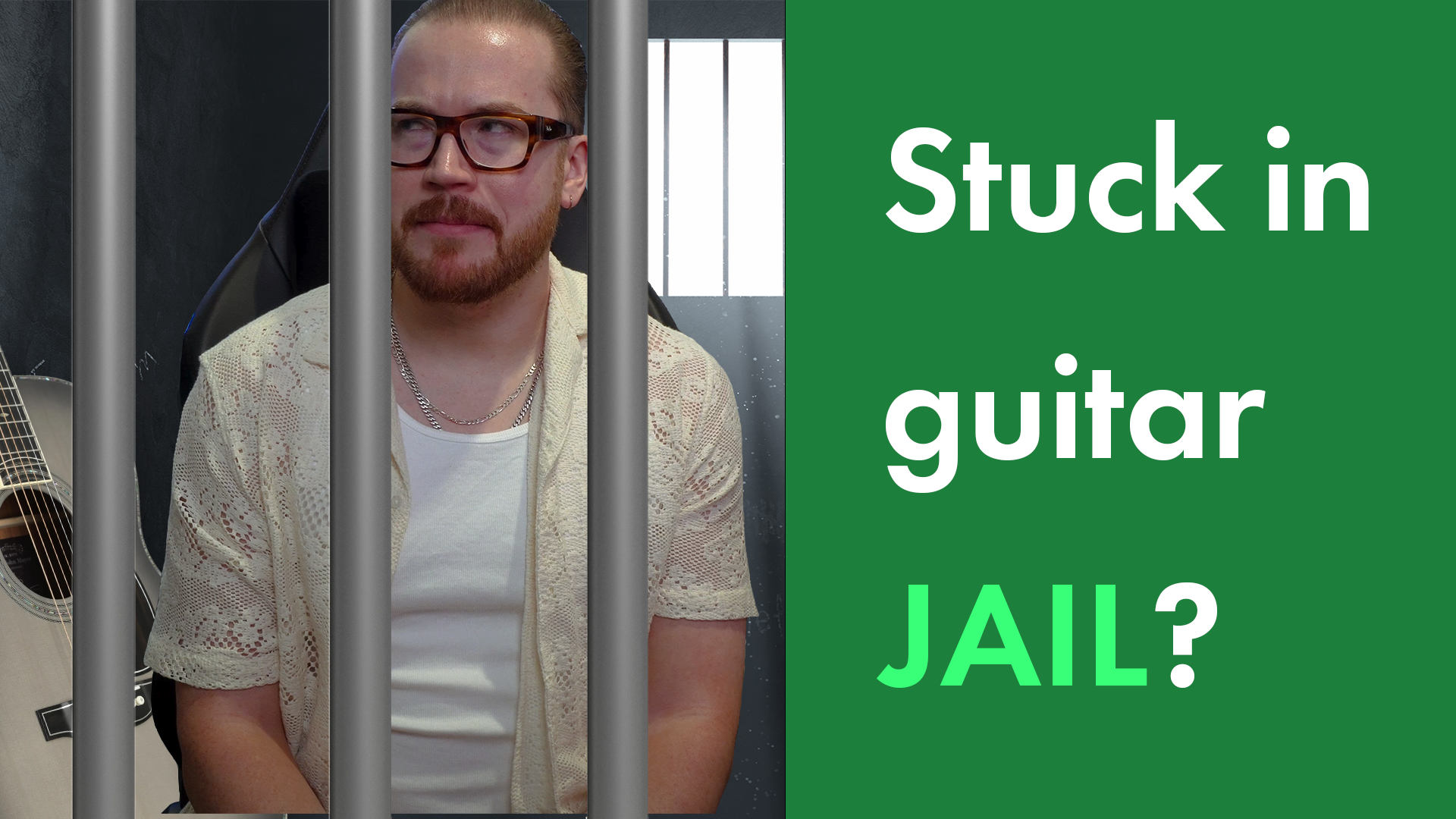
This will stop you getting better at guitar
Your preferences are what make you unique as a guitar player. But, if you're not careful, those preferences can turn into prisons, locking you into habits and limiting your growth. In this lesson, we'll learn how to tell if your preferences are actually prisons and what you can do to fix that.
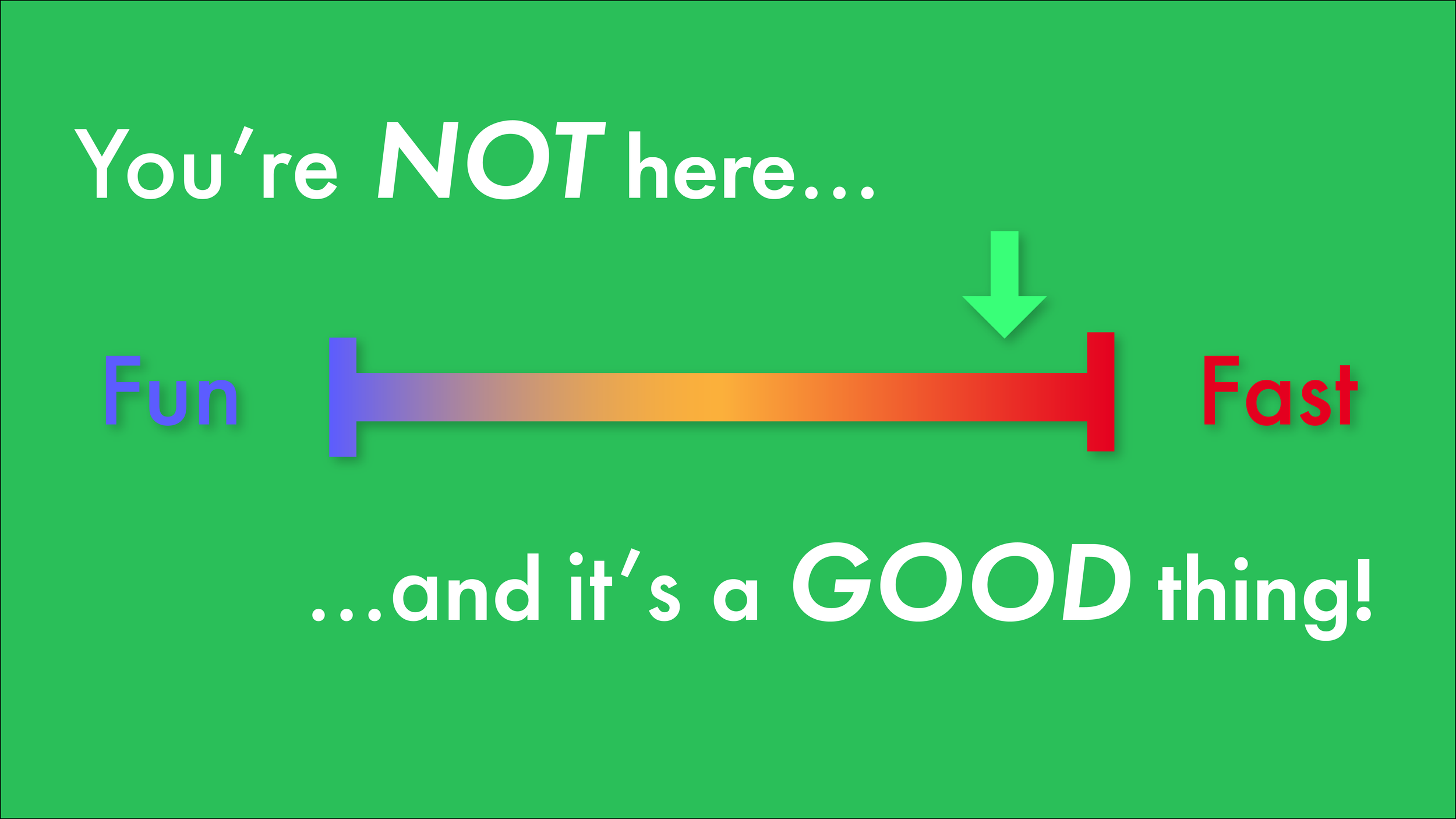
Guitarists who are honest about this progress faster
I want to introduce you to a concept I like to call the practice continuum. This idea explores how a guitarist’s approach to their practice affects their progress. Whether you play for fun or want to get as good as possible as quickly as possible, understanding where you fall on the practice continuum will help you maximize both your enjoyment and your rate of progress on the guitar.
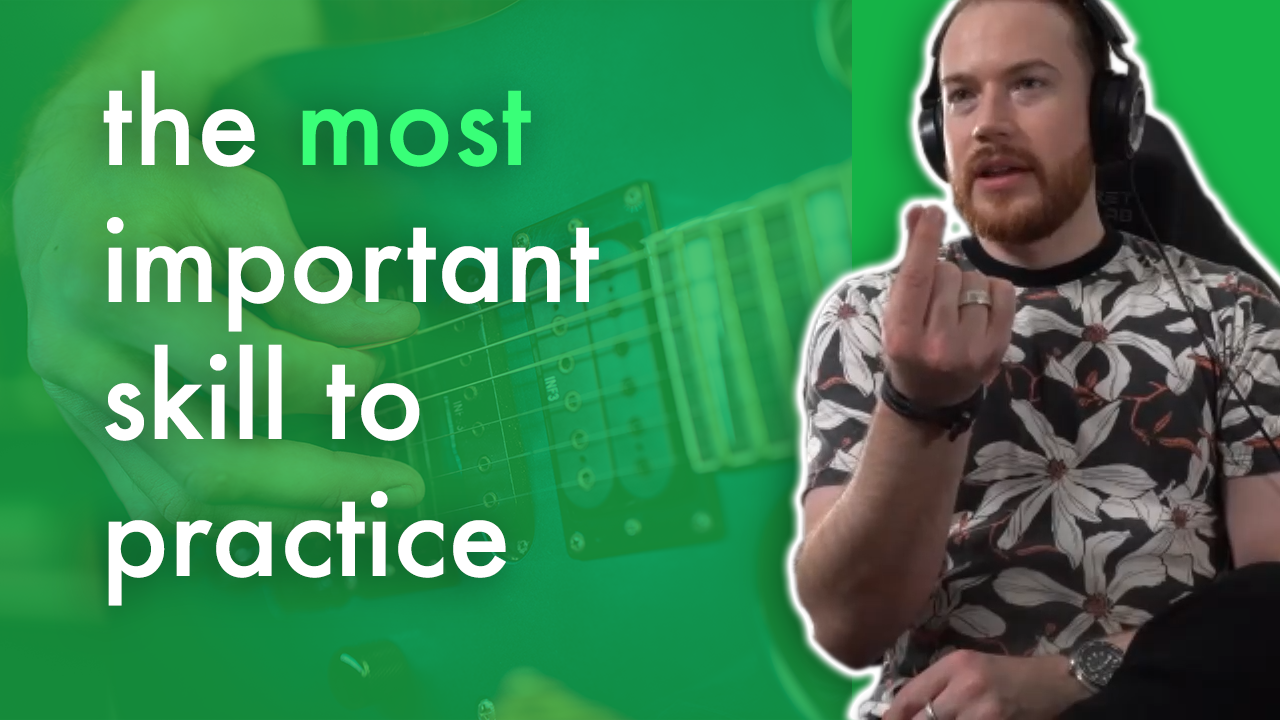
This will make you a better guitar player
A guitarist who has learned all the notes on the fretboard: Can more effectively learn scales and chords; Has a better understanding of keys, intervals, and scale degrees; Is able to more easily memorise songs; Has a greater capacity to understand music theory; Is more effectively able to develop their aural skills; Gets ‘lost’ far less frequently when they are improvising on the guitar.
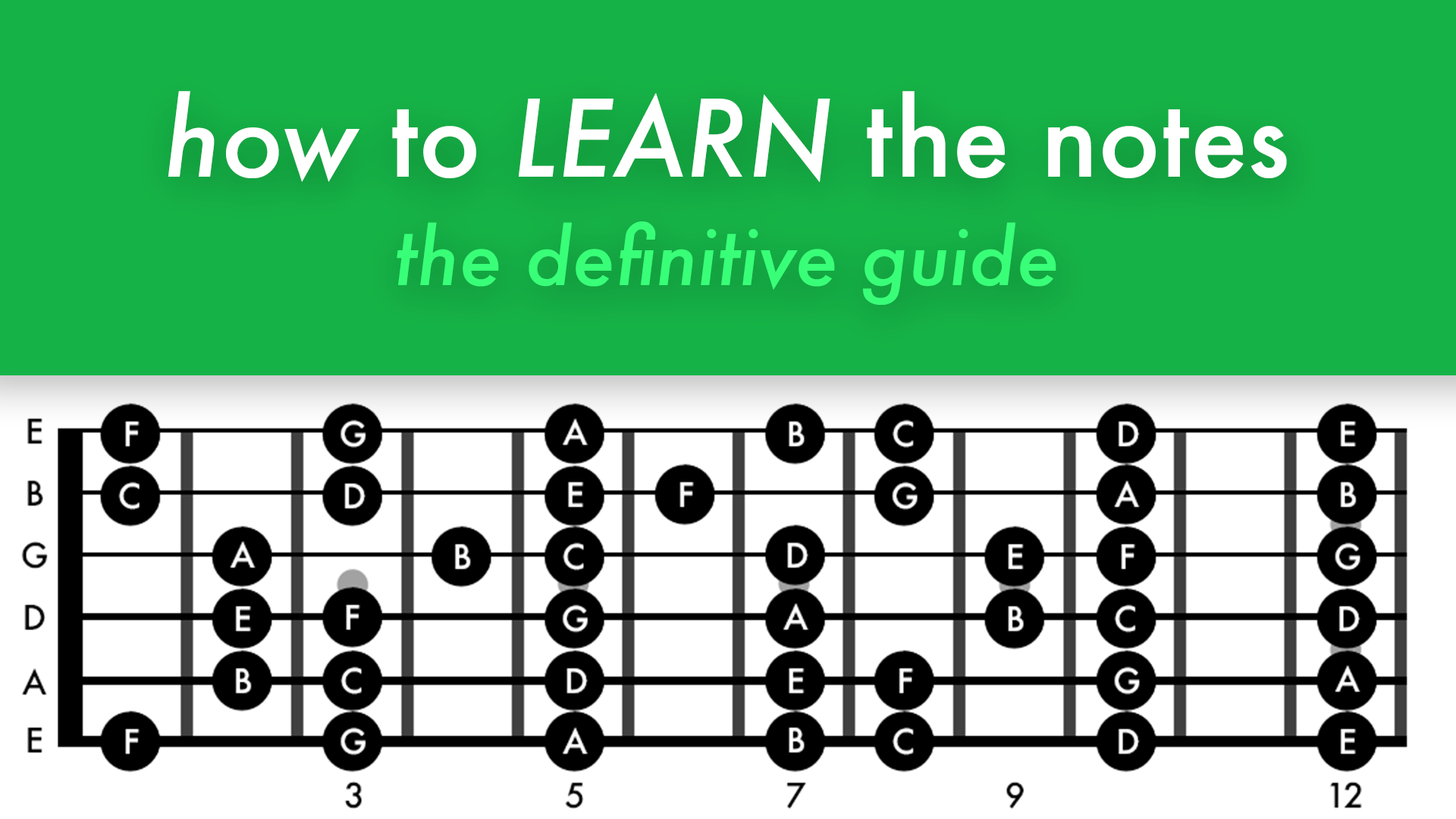
The most effective way to memorise notes on the guitar fretboard
You don’t need to know the notes on the fretboard to enjoy playing the guitar. But no one who actually knows them fluently is going to suggest you shouldn’t bother learning them if you’re interested. The level of freedom you’ll get from knowing the notes on the fretboard will make everything you do on the guitar so much easier.
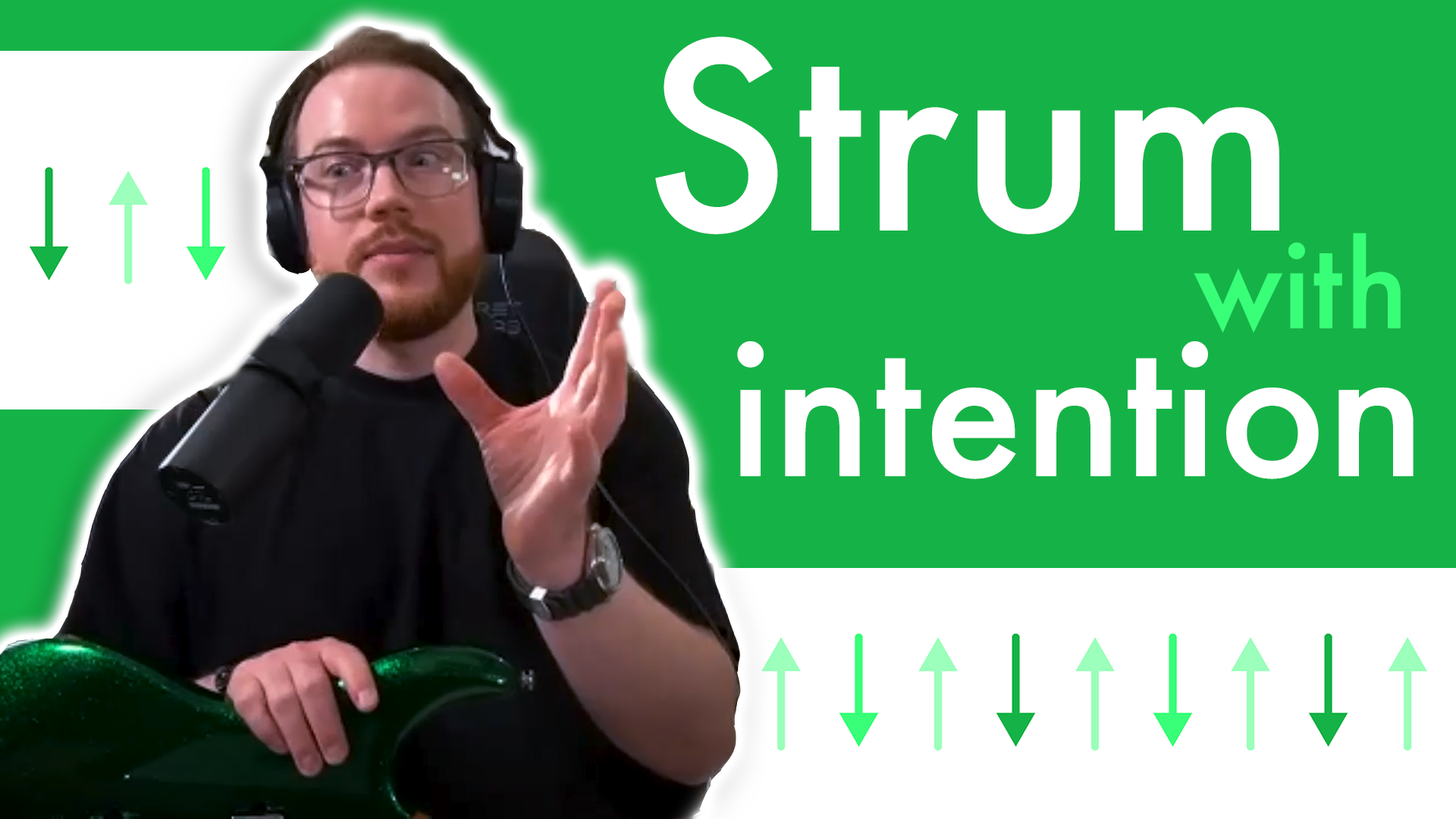
How to master strumming as a beginner guitarist
Every strumming pattern you will ever play is going to fit inside one of four frameworks. This means that if we know what it feels like to play each individual slice of these frameworks, then we inherently have the muscle memory to play every strumming pattern we will ever want to play.
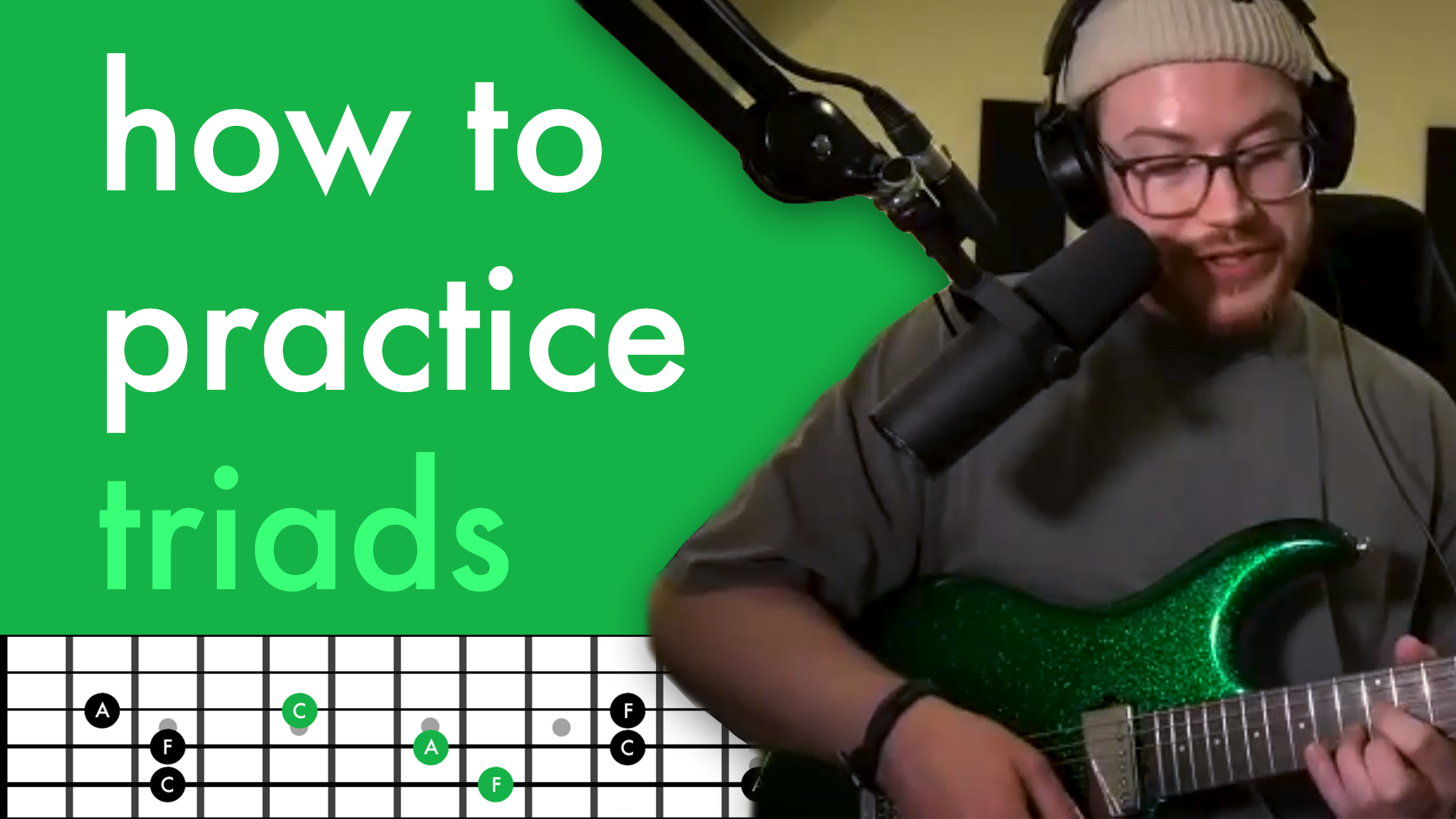
How to practice triads
If you don't understand what's happening from a musical point of view, then you have to come up with some kind of hack to explain to yourself why what you're doing works. You can either learn it properly and have an extensive understanding which will allow you to use the knowledge in any situation. Or, you can come up with your own explanation that is only applicable to one specific example.

How to practice the guitar in 60 seconds
When we’re trying to develop muscle memory or apply a new concept on the guitar, the objective is familiarity. If you aren’t able to practice for an extended period of time, try and fit in a few moments of practice throughout the day. Five minutes here, 10 minutes there, and maybe you’re only able to squeeze in 60 seconds. All of it is good. All of it will help you build familiarity.

A conversation about practice
A common misconception students have when they start learning guitar is that in order to get better they have to spend more time physically playing the instrument. Ironically, when you’re starting out, your progress is more significantly affected by the time you don’t spend playing the guitar.
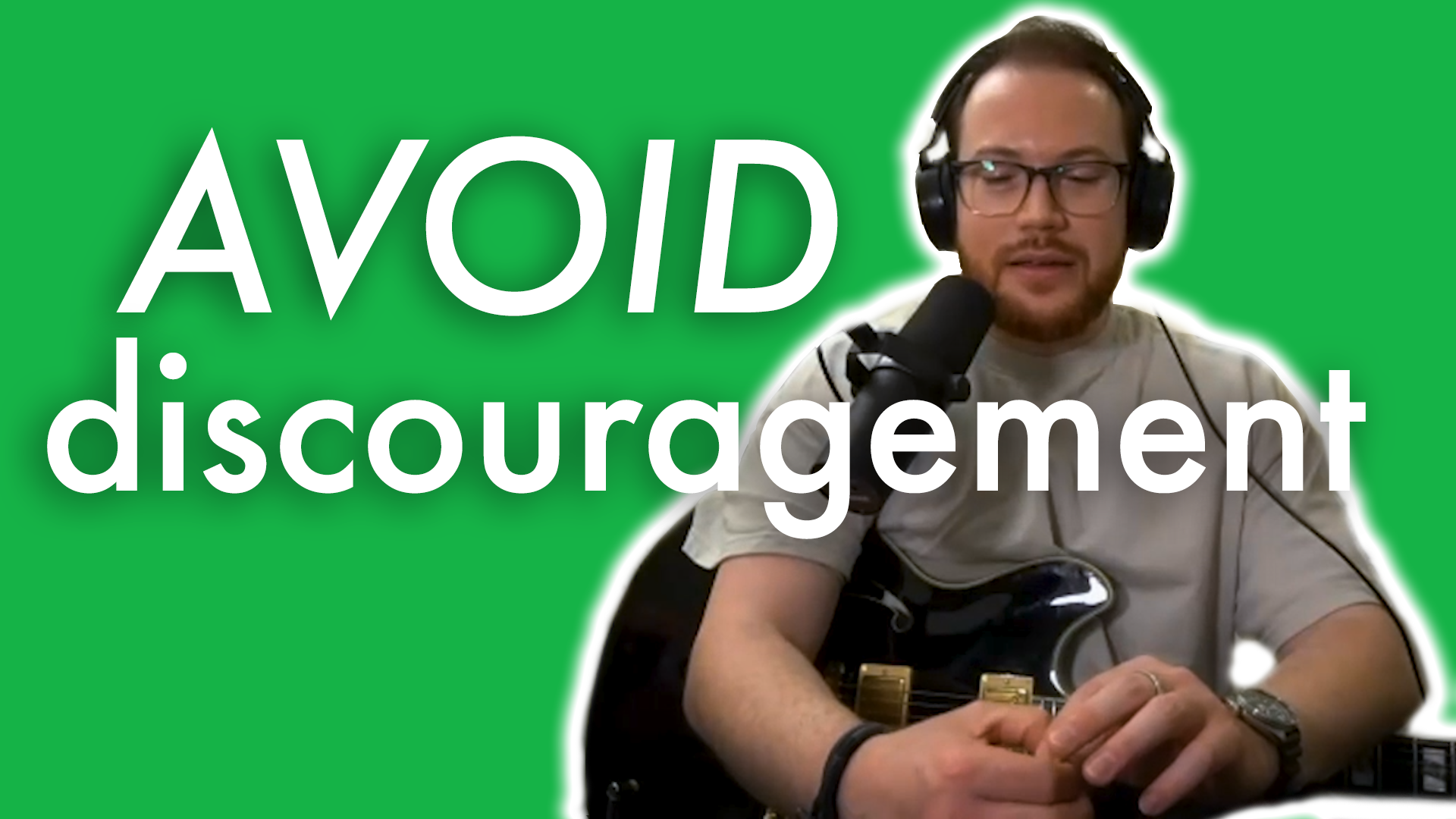
How to avoid discouragement while learning the guitar
I think every guitarist who’s honest with themselves will admit that they don’t always enjoy practising the guitar. Even though I love playing the instrument, guitar practice can sometimes be a little tedious.
If you’re having trouble finding the motivation to practice, that’s okay. It’s not an uncommon experience. And, it’s definitely not a sign that you’re not cut out to be a guitar player!

Can you play the guitar in free play mode?
As a beginner guitarist, learning something new might take a lot of focus. You’ll be using all of your mental bandwidth which is pretty draining. I definitely wouldn’t call it relaxing. But if you stick with it, you’ll develop fluency with the technique and find it takes up barely any of your mental bandwidth. Now you’re able to relax into what you’re doing.
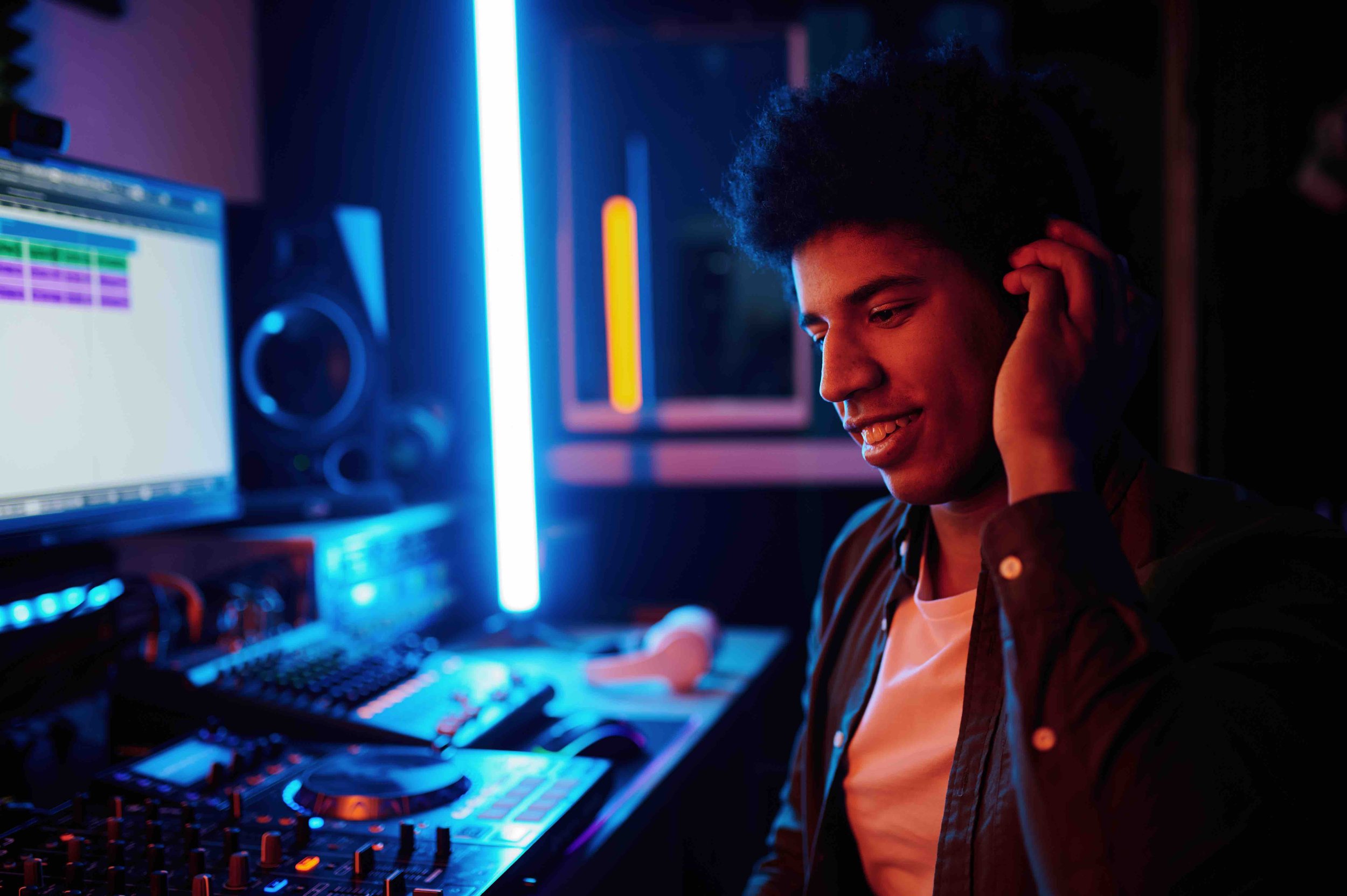
Are You Forgetting To Develop Your Musical Ear?
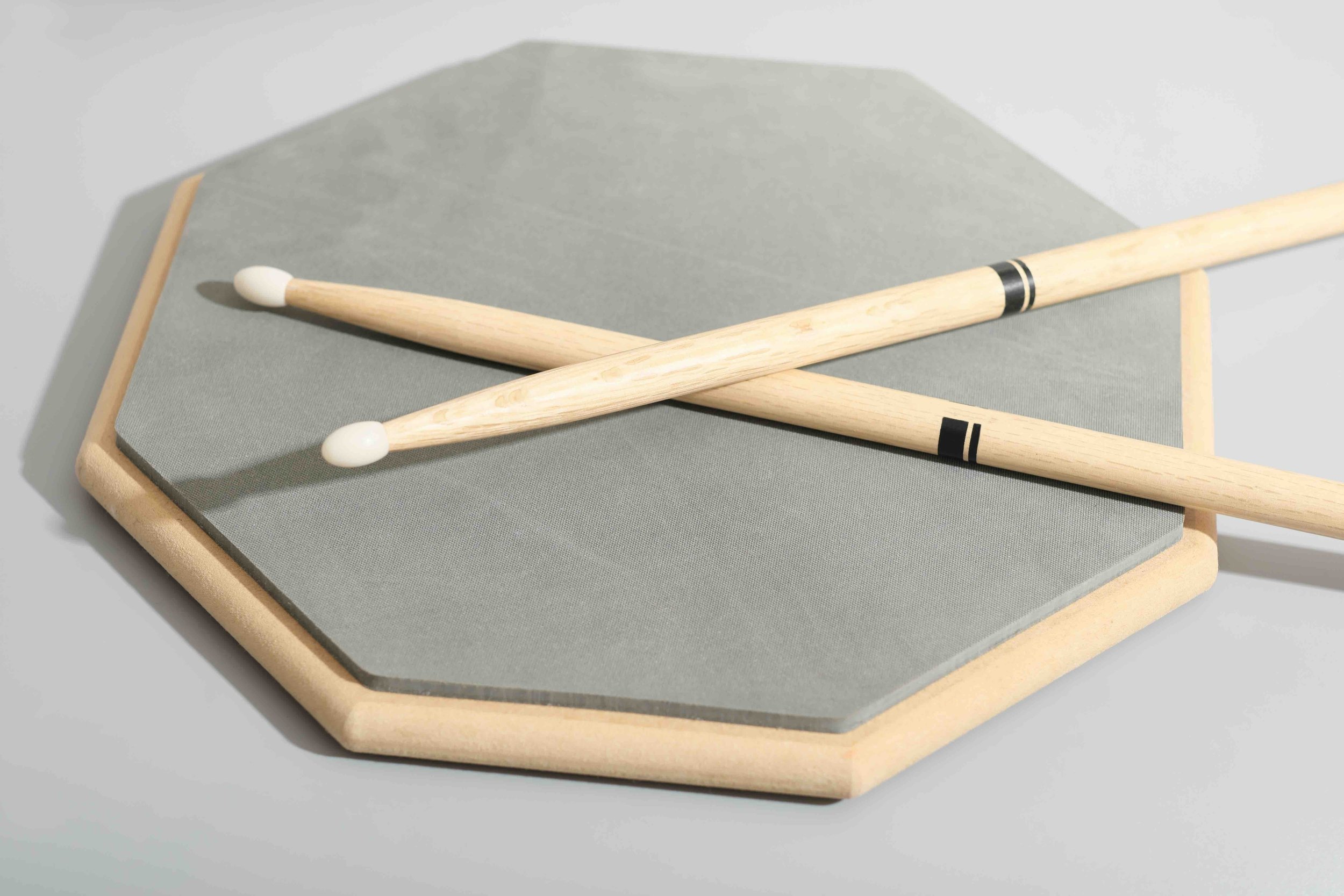
Why You Need To Practice Rhythm Exercises
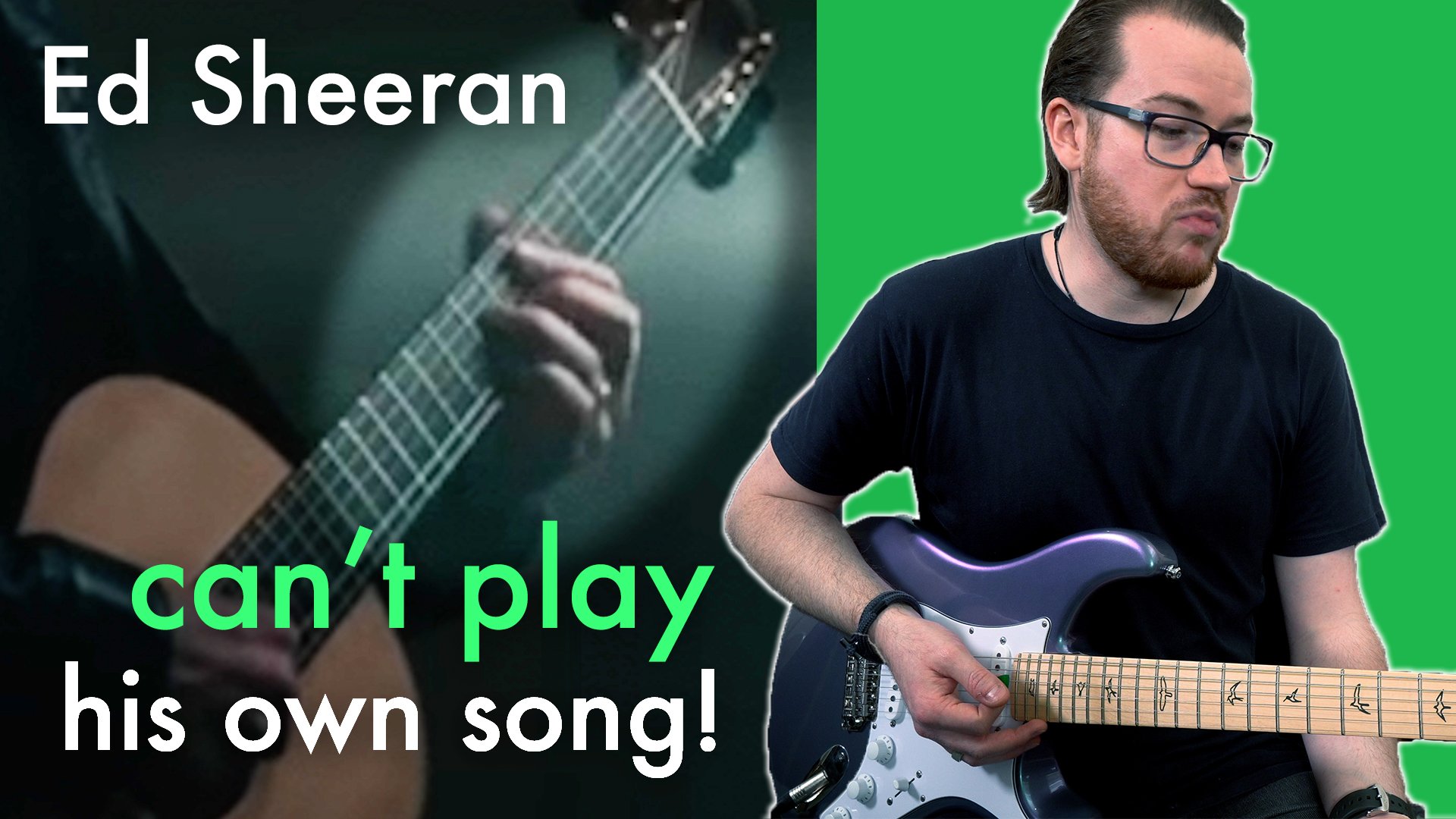
How to recover from mistakes like a professional
Even a professional musician like Ed Sheeran can't play things with 100% accuracy, 100% of the time. That's okay. The only thing that matters is how good you are at recovering from your mistakes when you make them. In this lesson, I'm going to show you why the saying "practice makes perfect" is a lie, and the mindset you need to develop so you can recover from your mistakes like a professional.

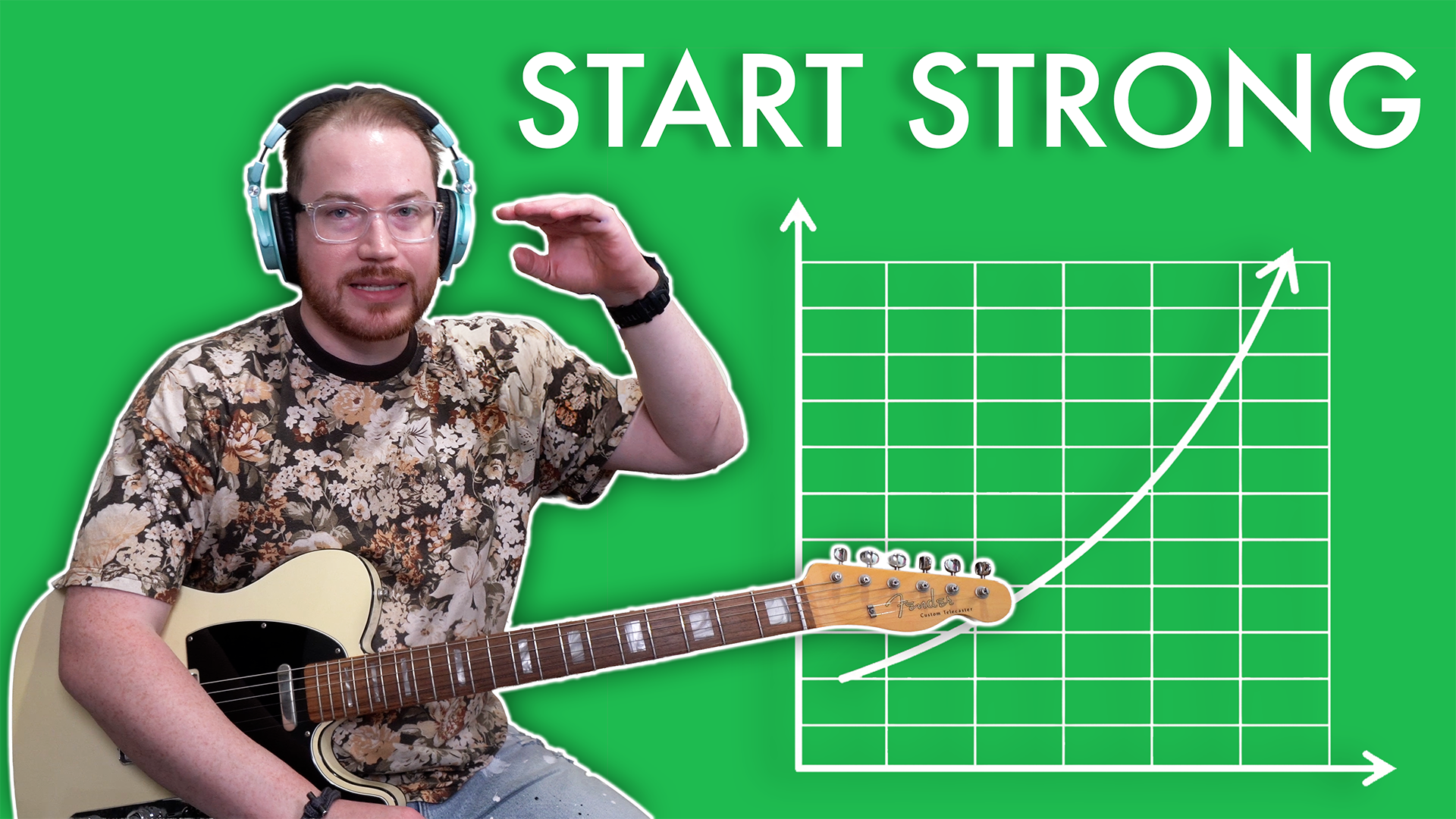

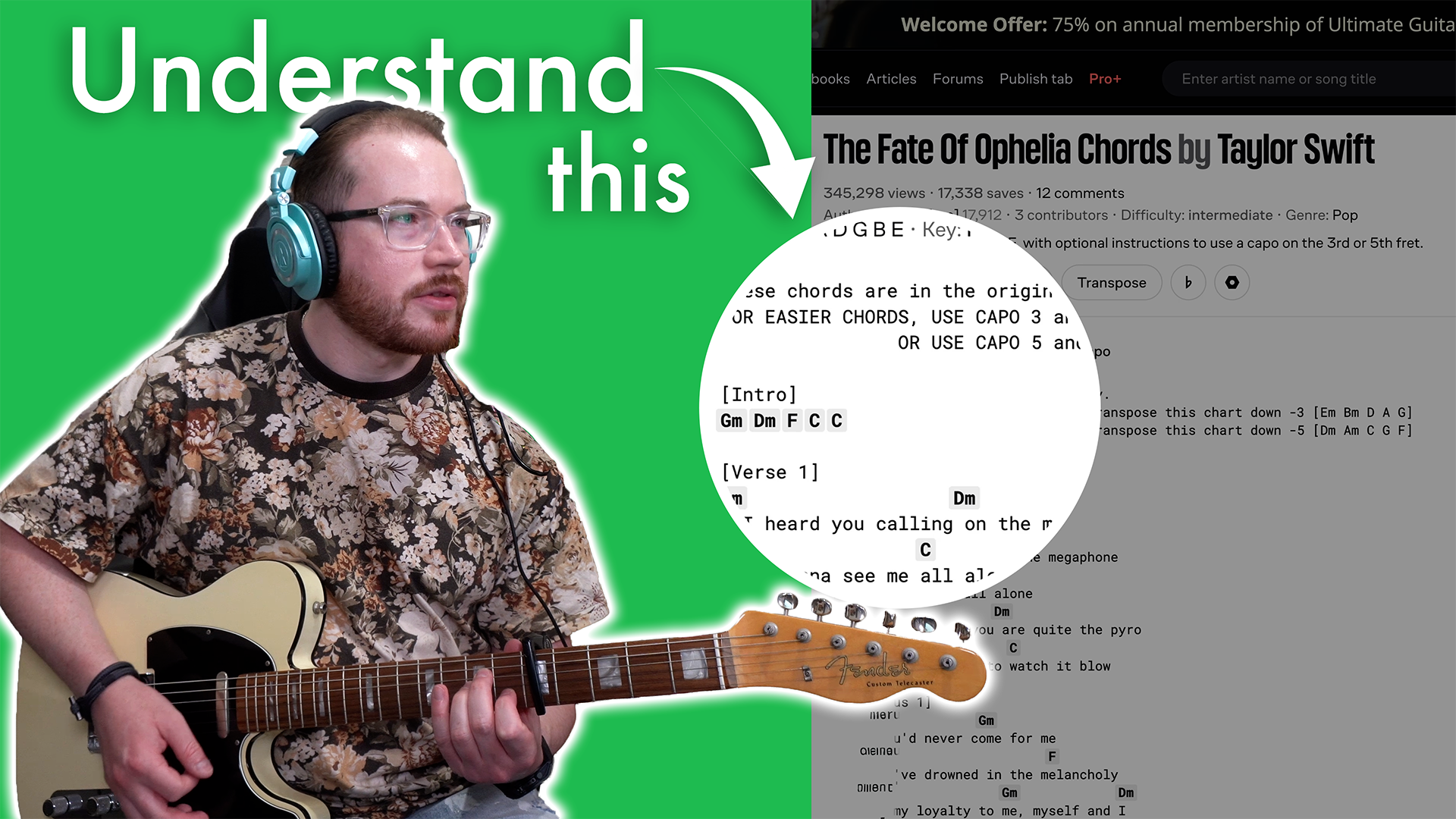
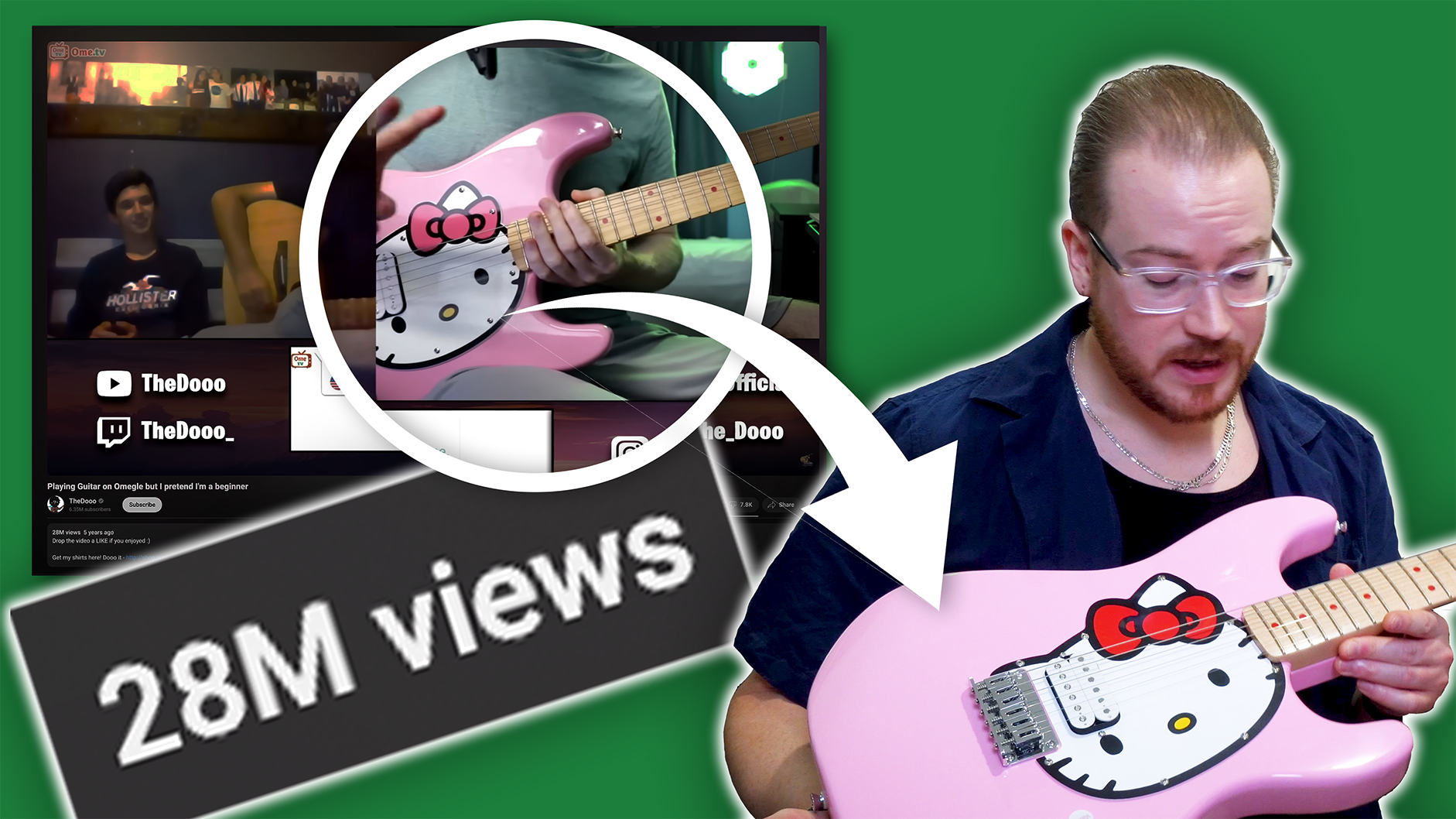
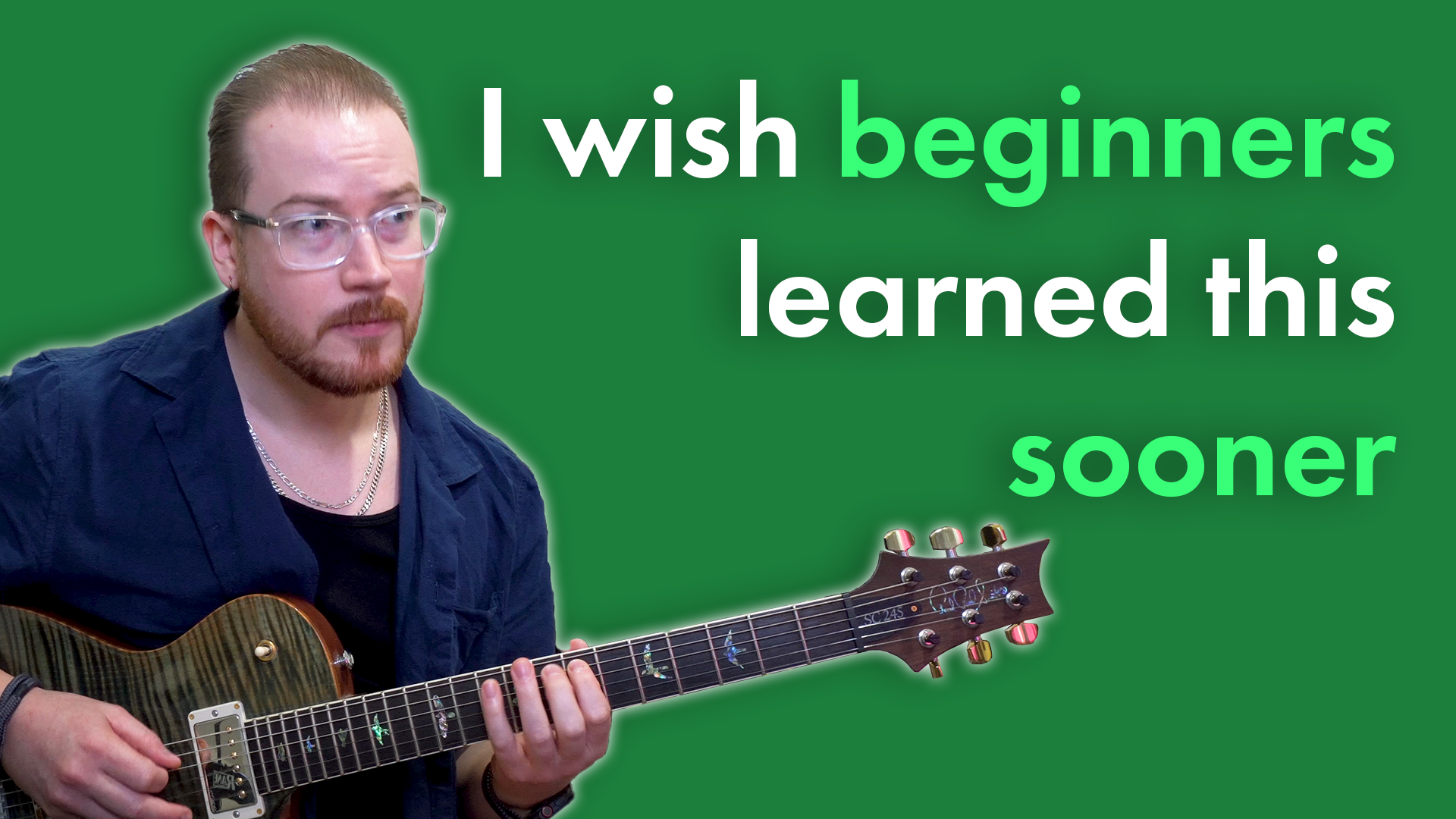
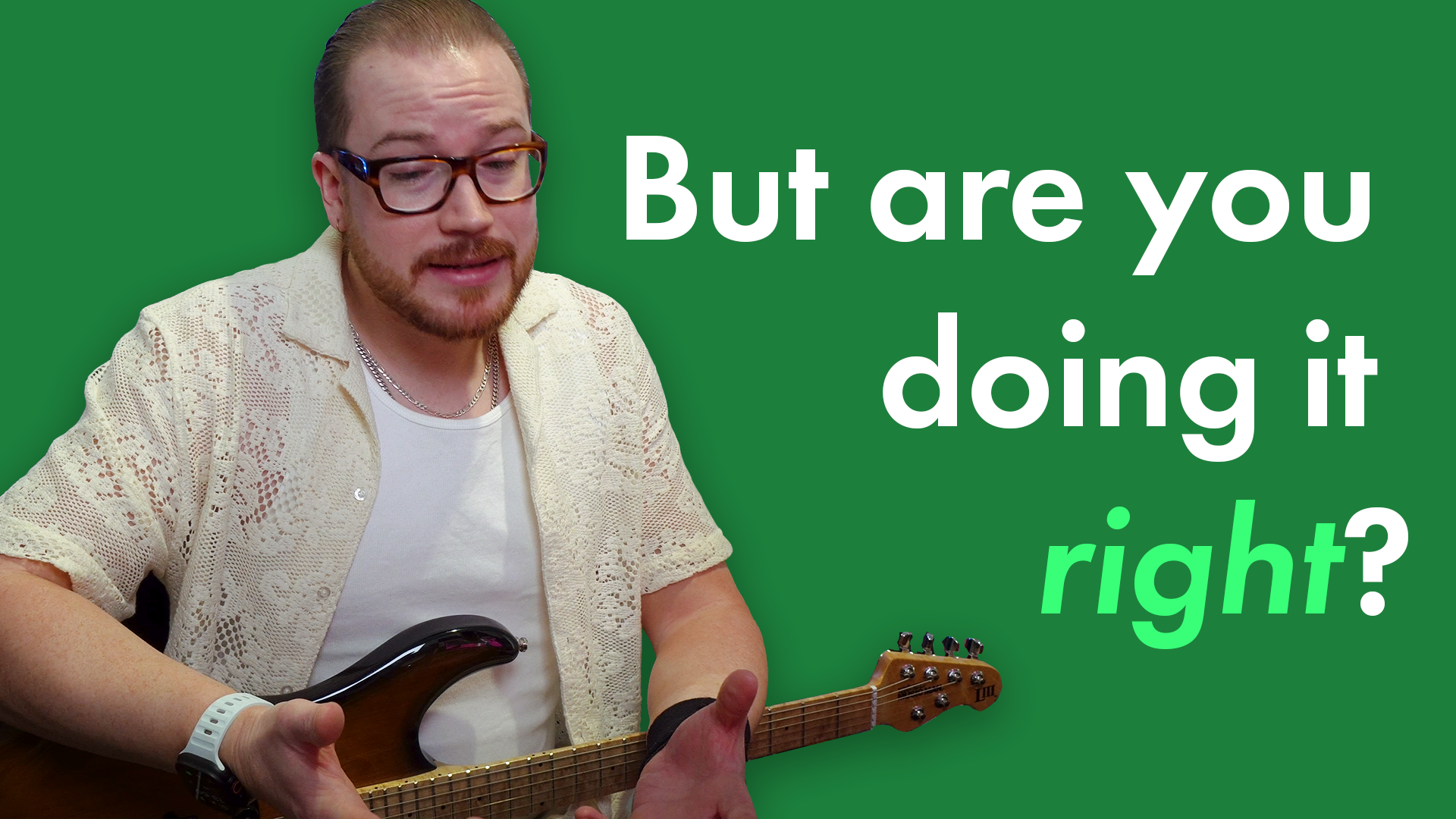
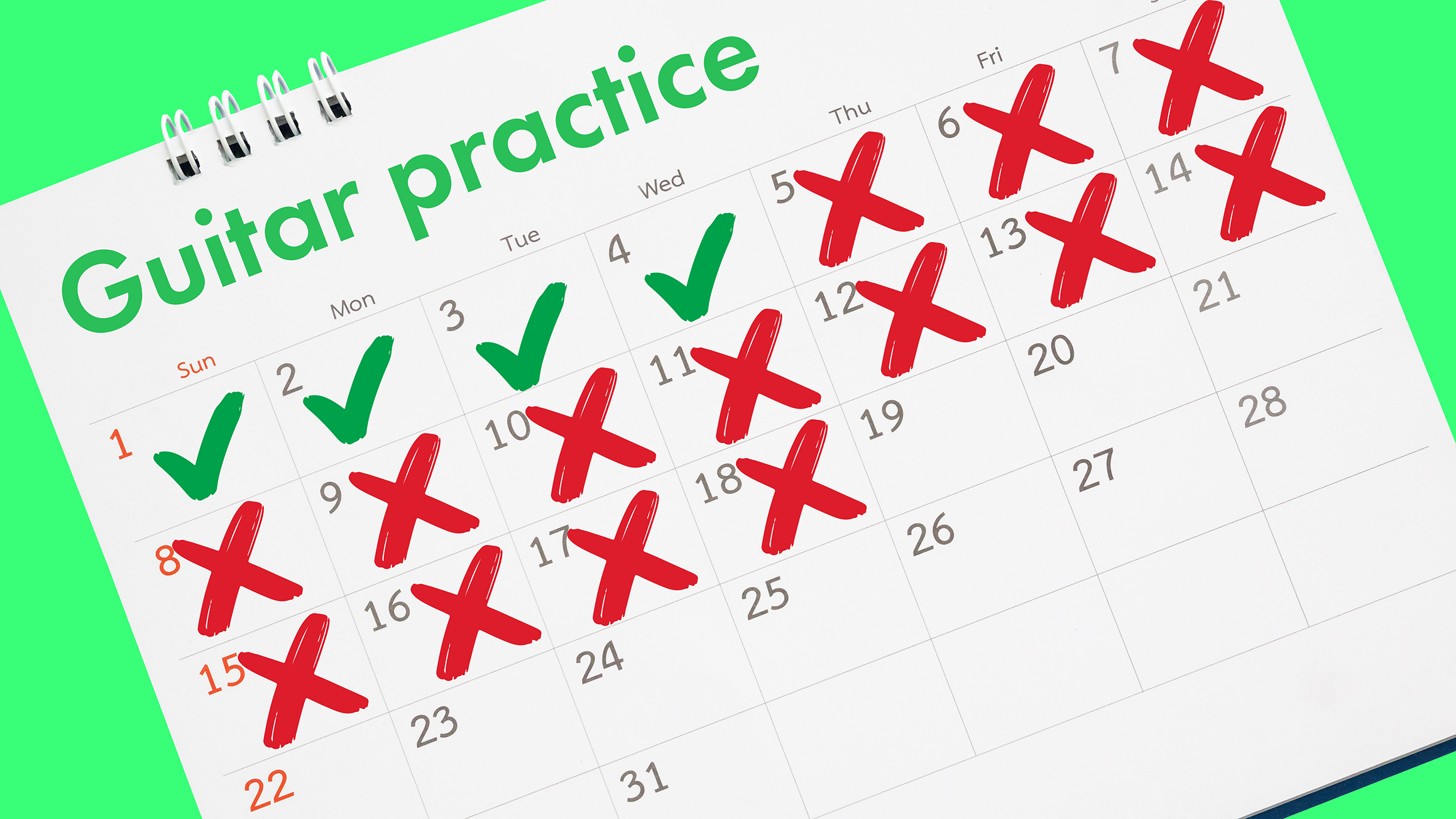
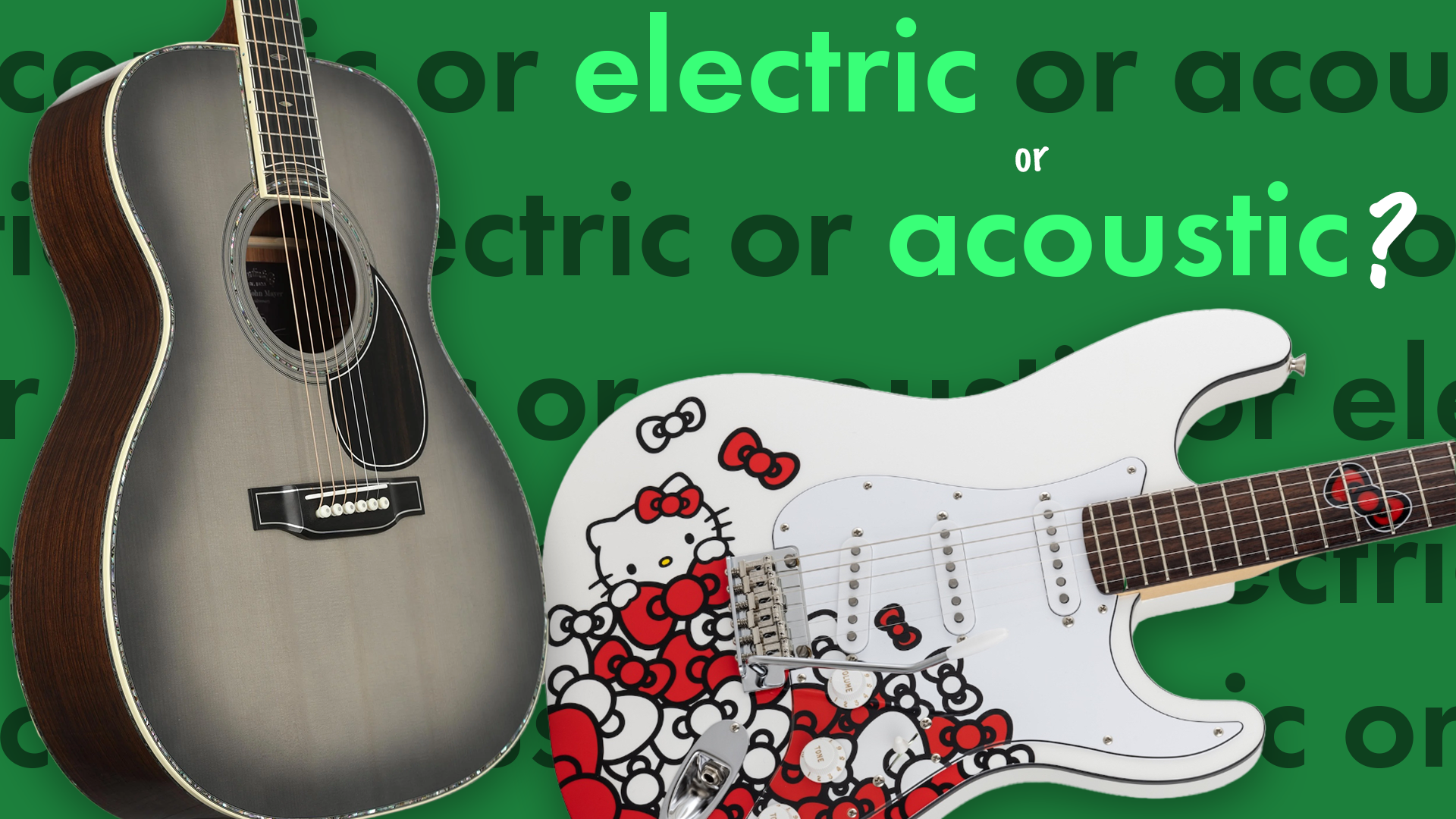
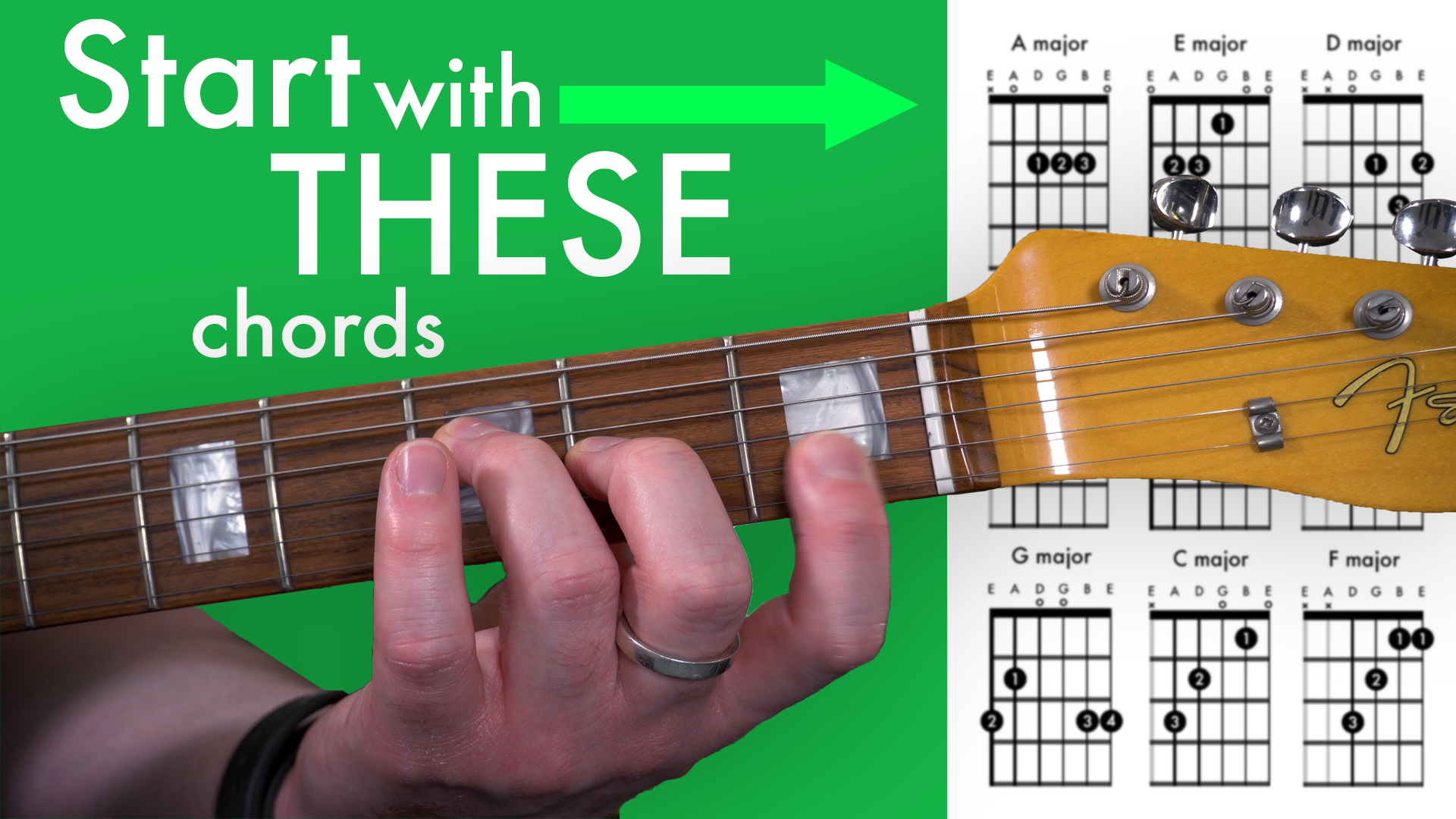
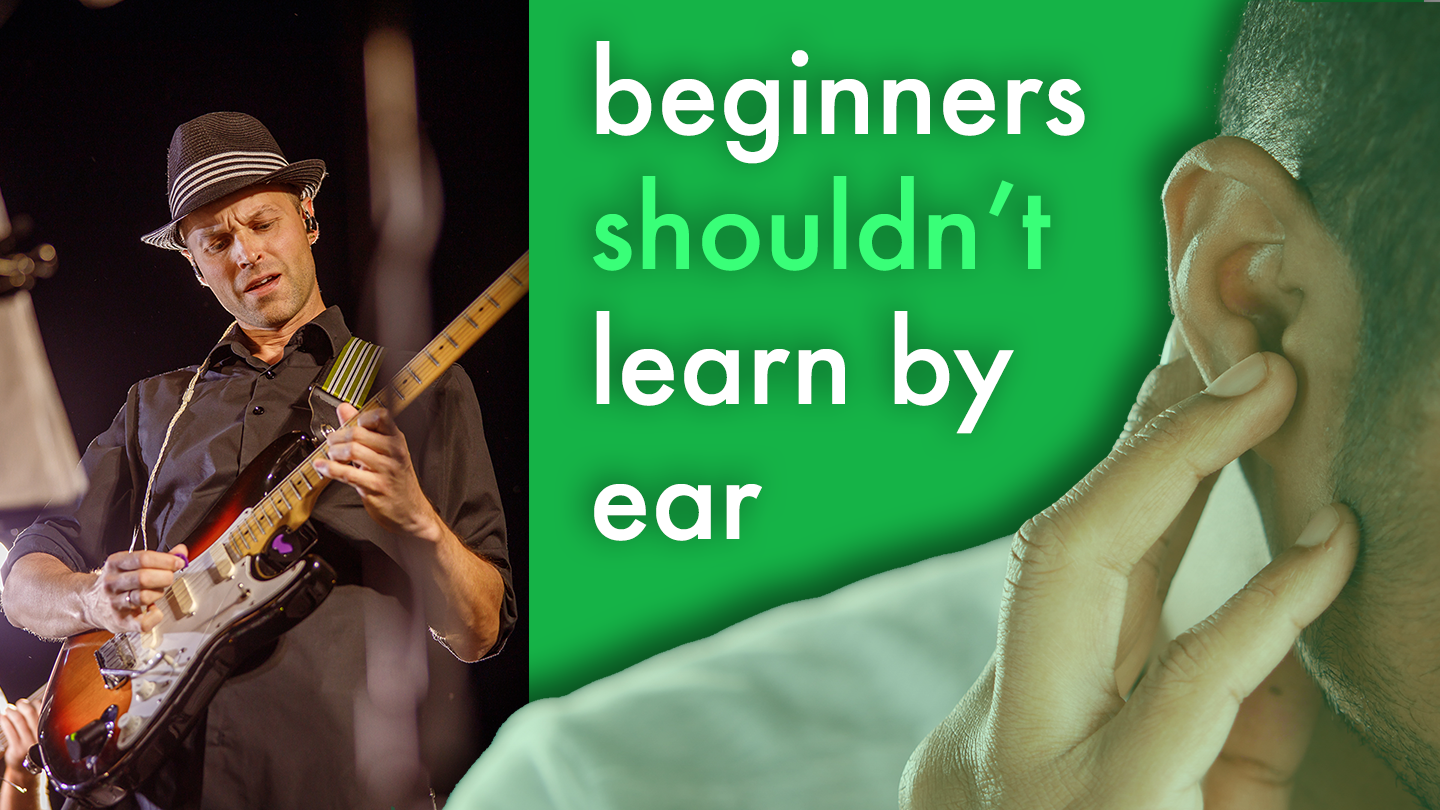


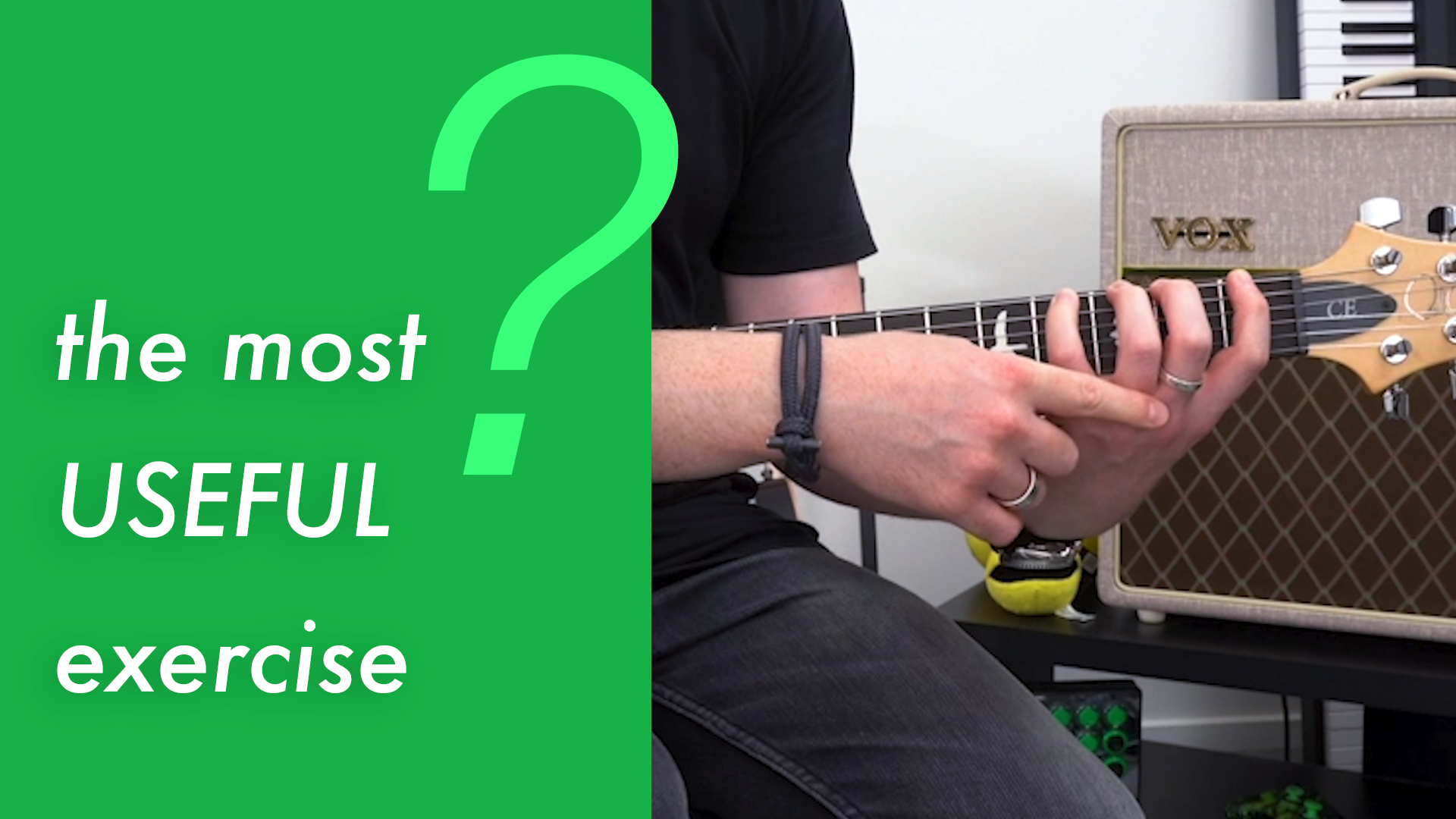
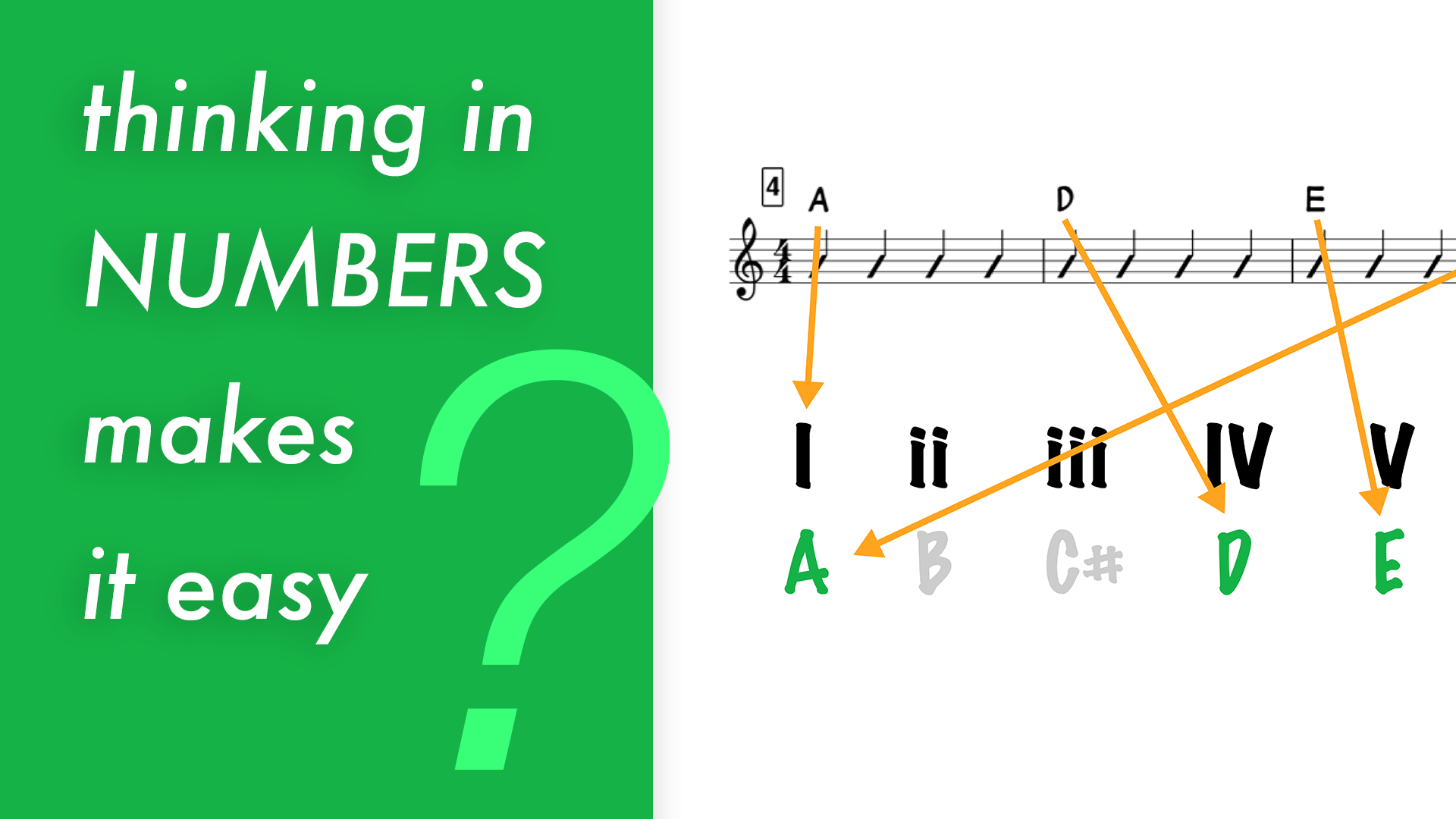
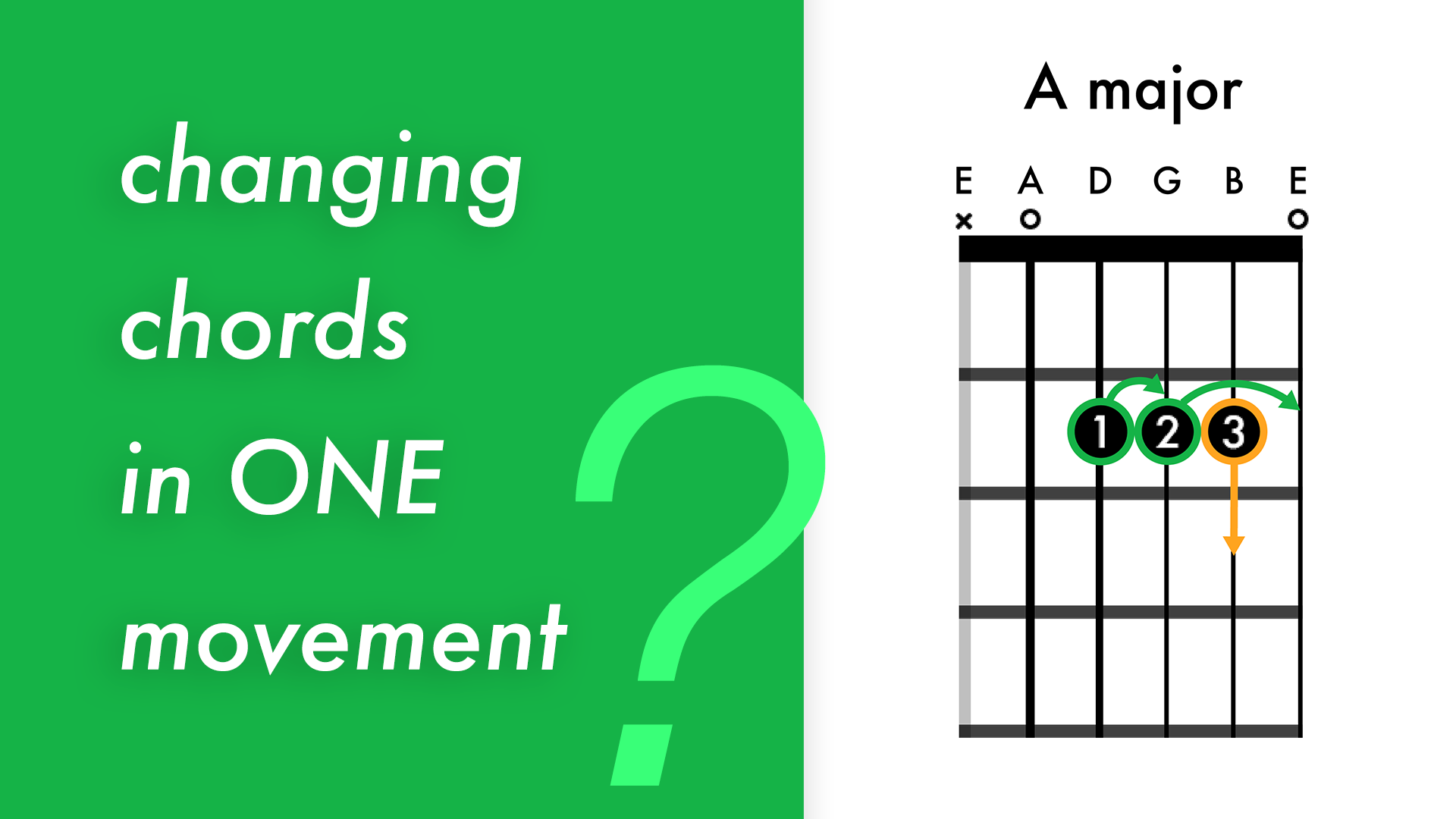
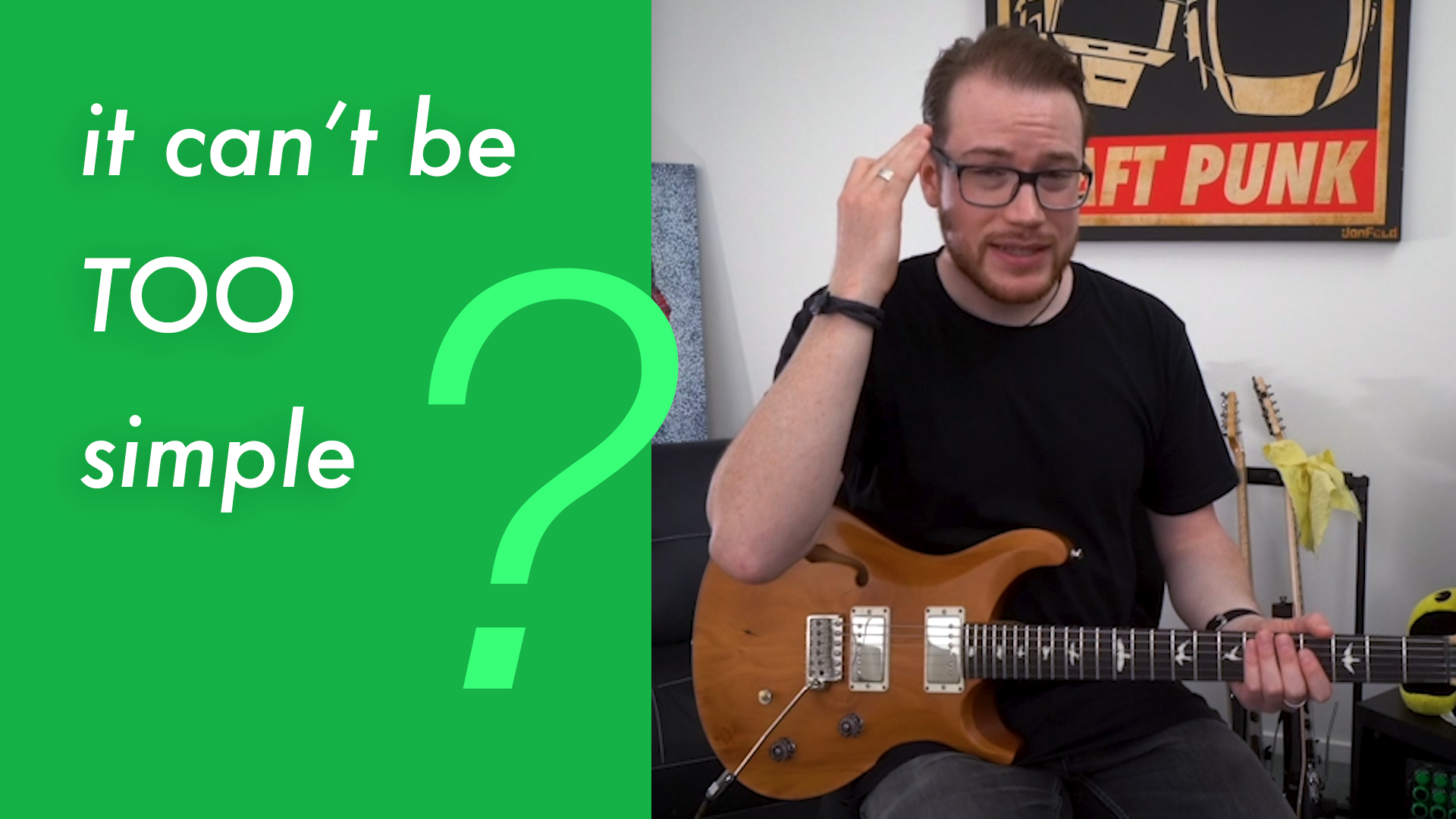
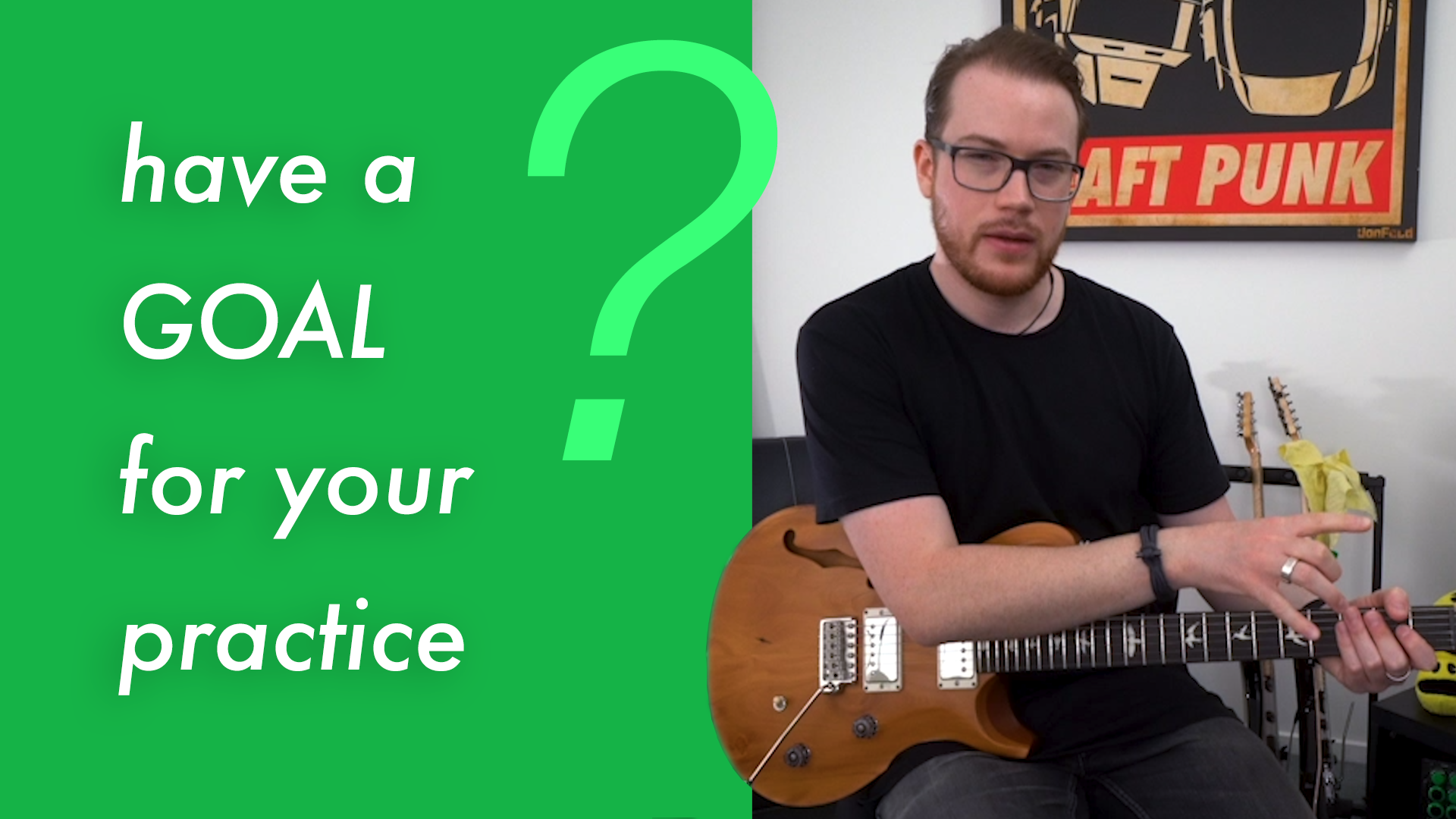
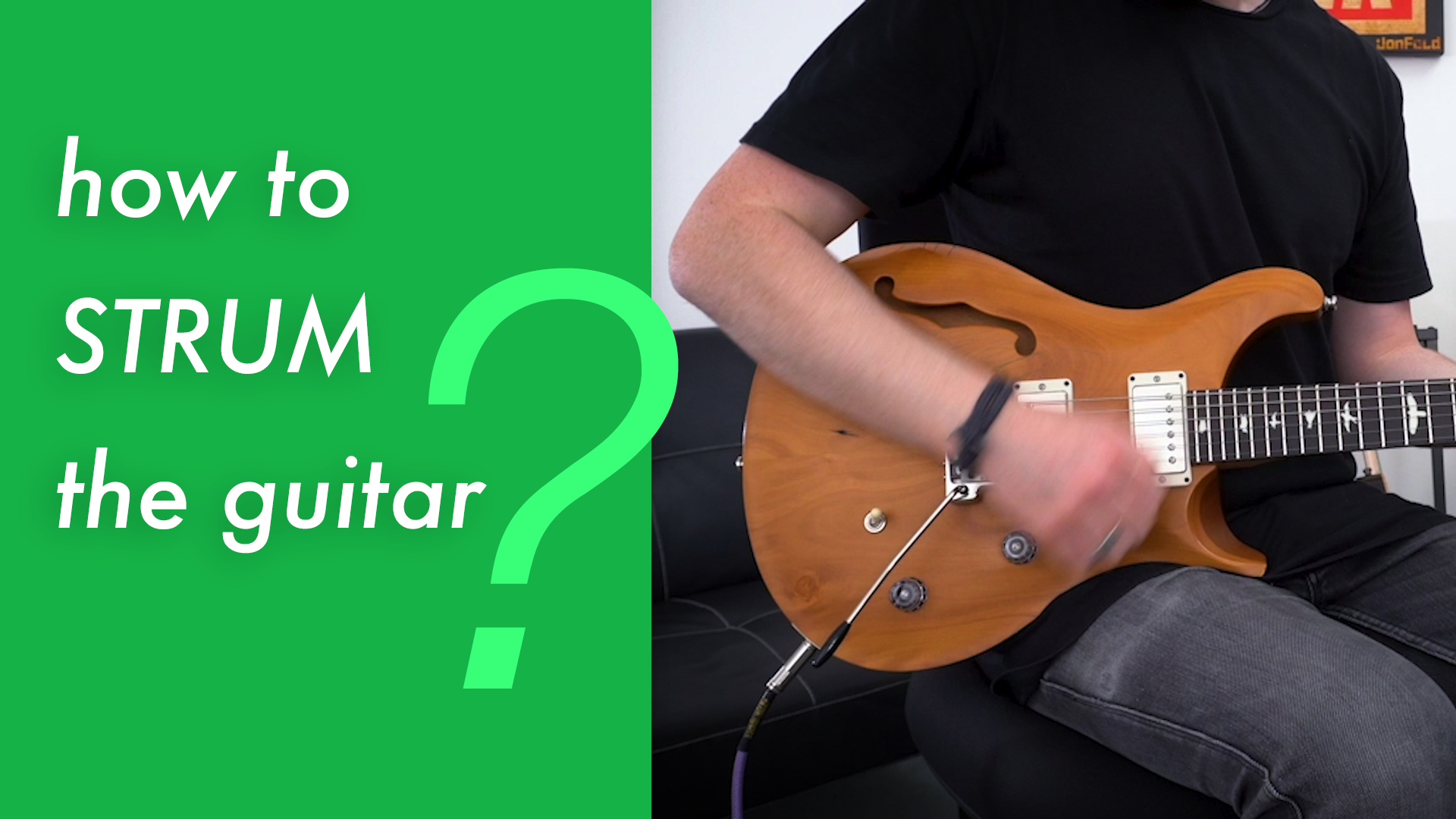
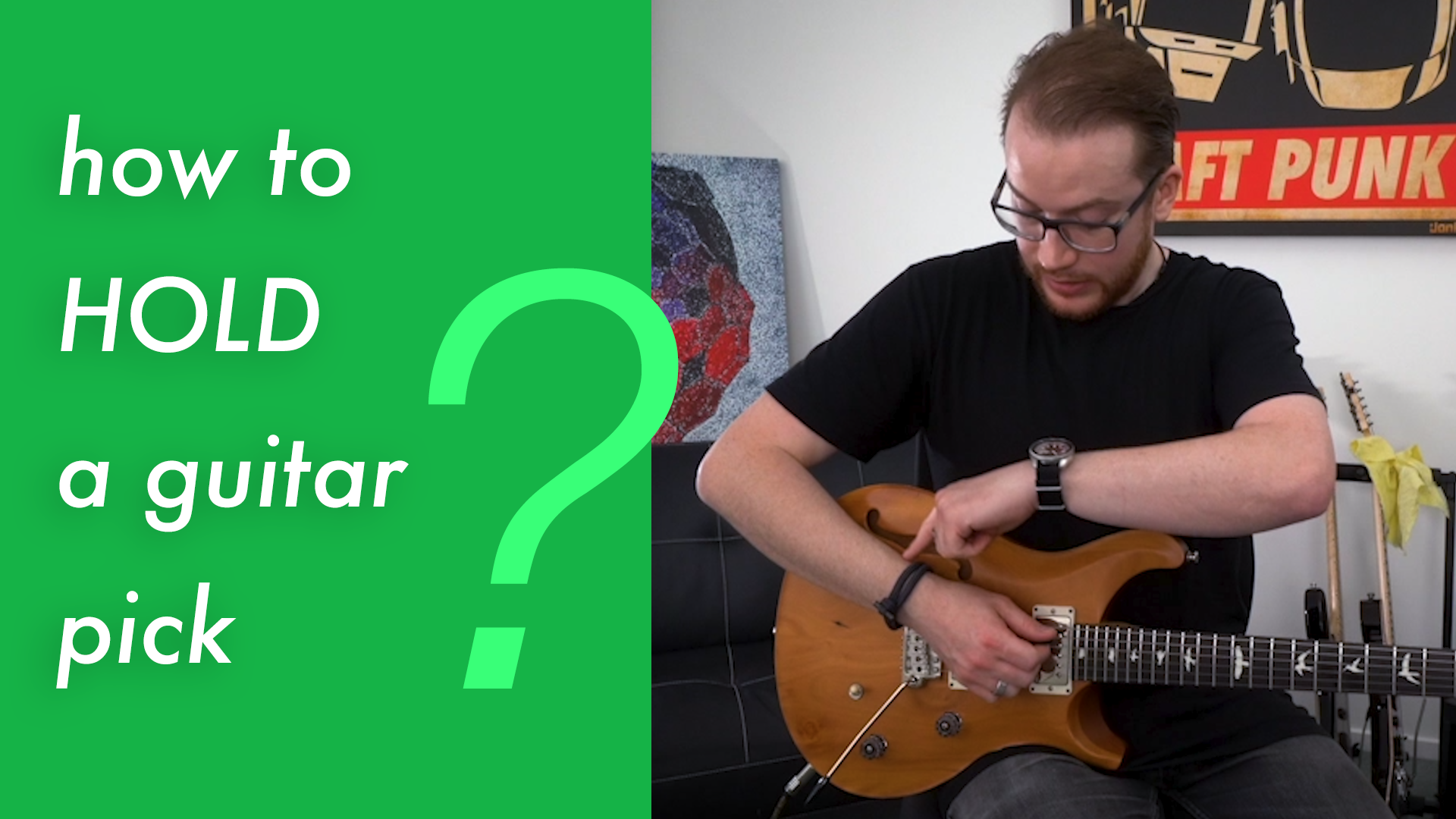

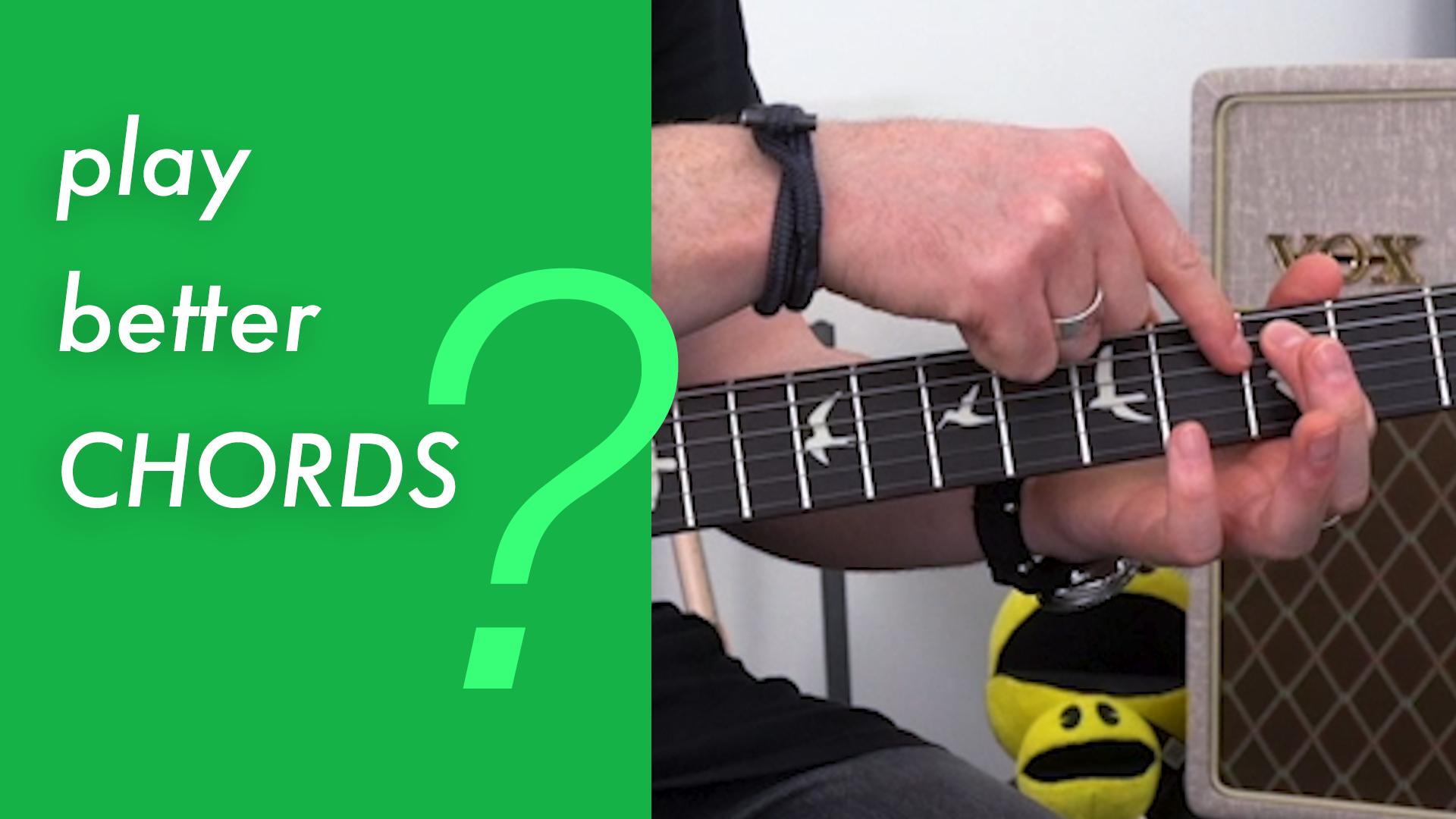
A guitarist who has learned all the notes on the fretboard: Can more effectively learn scales and chords; Has a better understanding of keys, intervals, and scale degrees; Is able to more easily memorise songs; Has a greater capacity to understand music theory; Is more effectively able to develop their aural skills; Gets ‘lost’ far less frequently when they are improvising on the guitar.